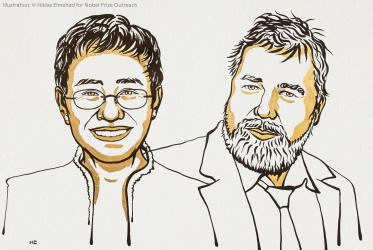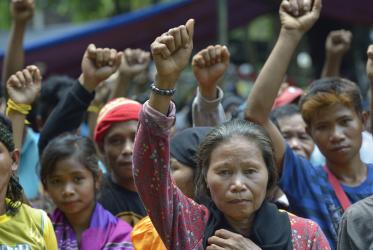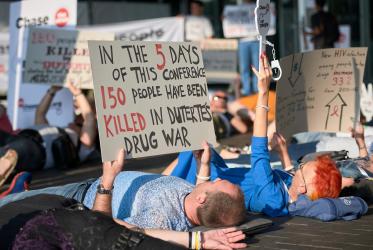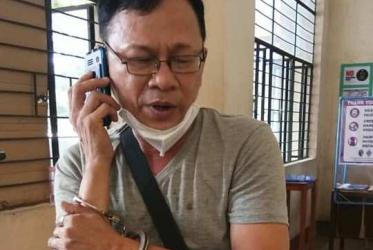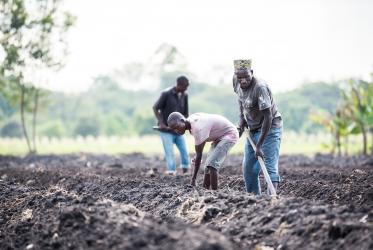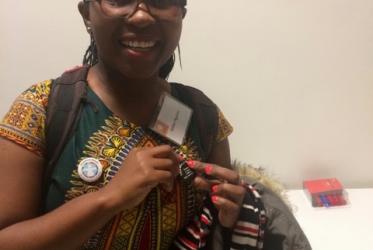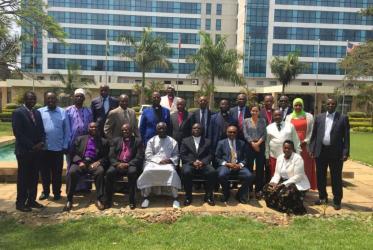Thirty-five years into the response to HIV and AIDS, it remains a disease that not only thrives on, but exploits the lines of exclusion and inequality in society. In the Philippines, where there has been an alarming increase in people testing positive for HIV, the country’s National Council of Churches recognized that more than words were needed. While dialogue and debate were important, they needed to translate into action, given the ever-widening gap between the rich and the poor in Filipino society, and a faith-based and societal milieu still dominated by a sex-negative theology.
19 July 2016




